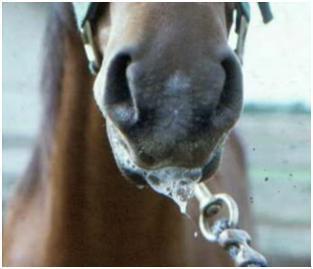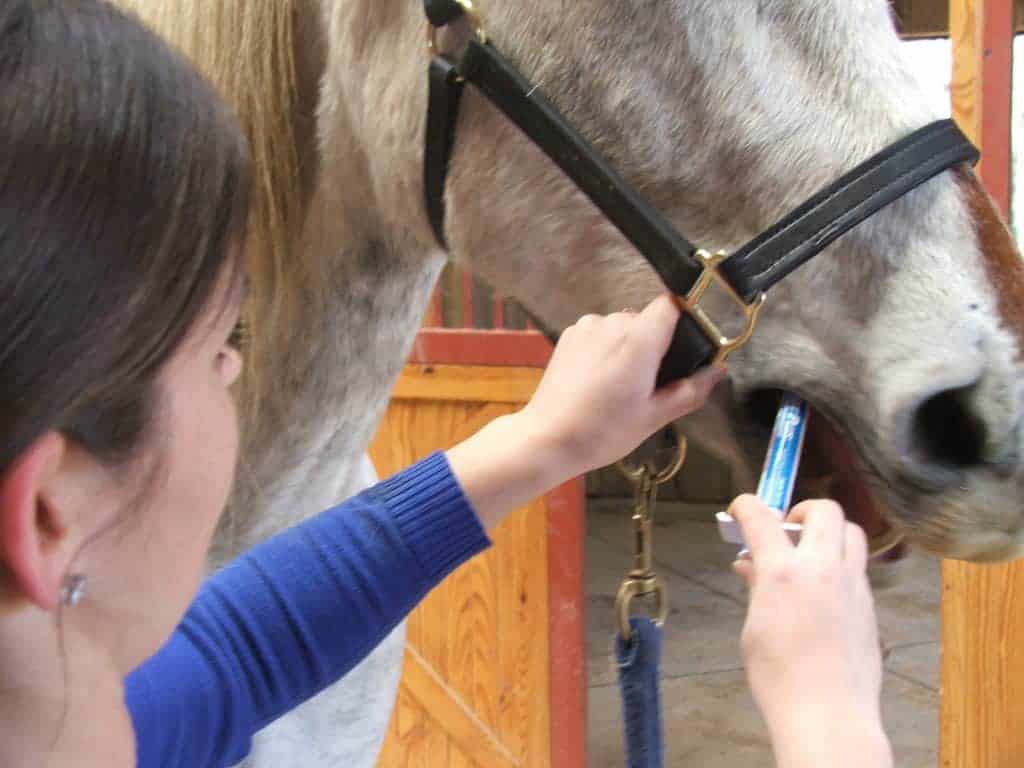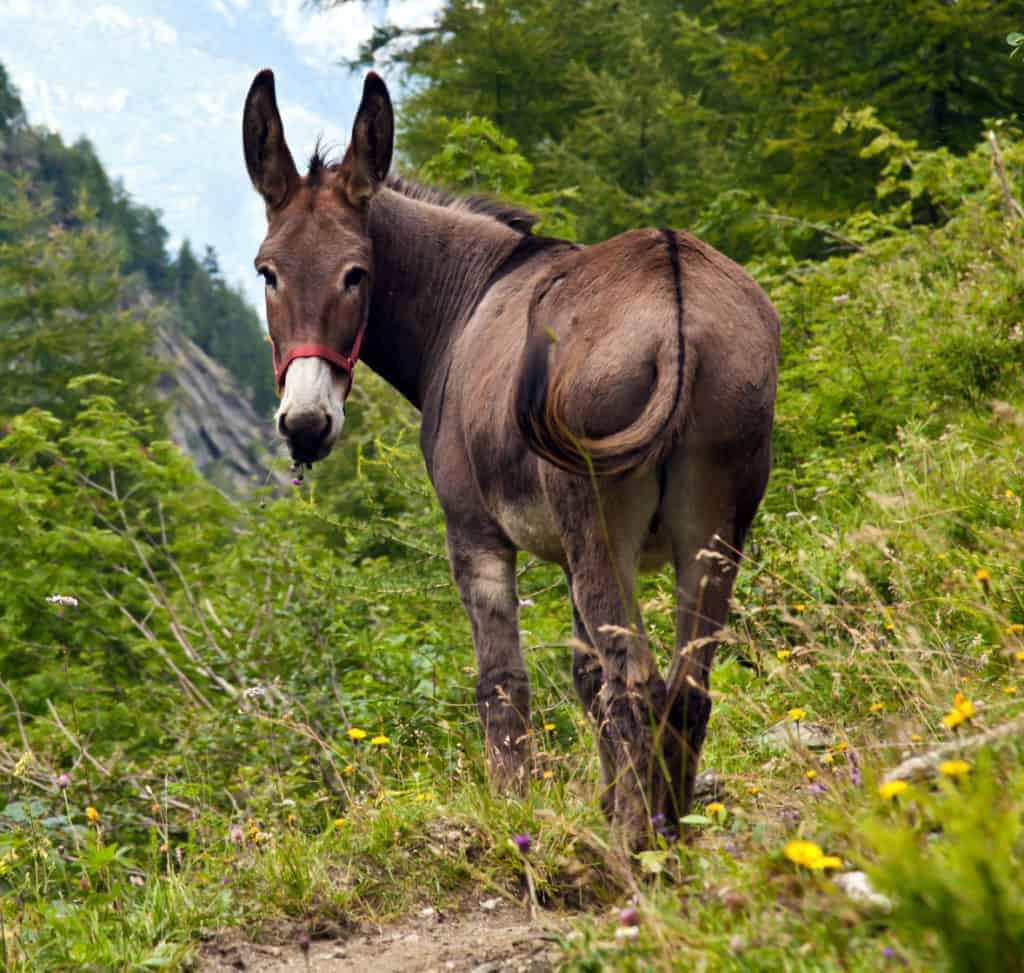
Feeding Horses Post-Colic
Developing an understanding of post-colic feeding practices can help your horse on the road to recovery.

Developing an understanding of post-colic feeding practices can help your horse on the road to recovery.

Growing horses require specific nutrients, vitamins, and minerals to aid in proper development.

Mycotoxin exposure in horses, caused by feed contaminated with fungi, can be dangerous or fatal.

Consider using fecal egg counts and fecal egg count reduction tests in a sustainable parasite control program.

Feeding draft horses, miniature horses, ponies, mules, and donkeys requires special some considerations.
“Anytime you ask a horse to be a performance horse (taking him out of his natural environment), you put him in a stressful situation,” said Joe Pagan, PhD, owner of Kentucky Equine Research (KER) in Versailles, Ky., during his presentation
Kentucky Equine Research (KER) will host its ninth annual Equine Nutrition Conference on April 26-27, 1999, in Lexington, Ky.
The conference will feature presentations by world leaders in equine nutrition and exercise physiology,
Stay on top of the most recent Horse Health news with
"*" indicates required fields